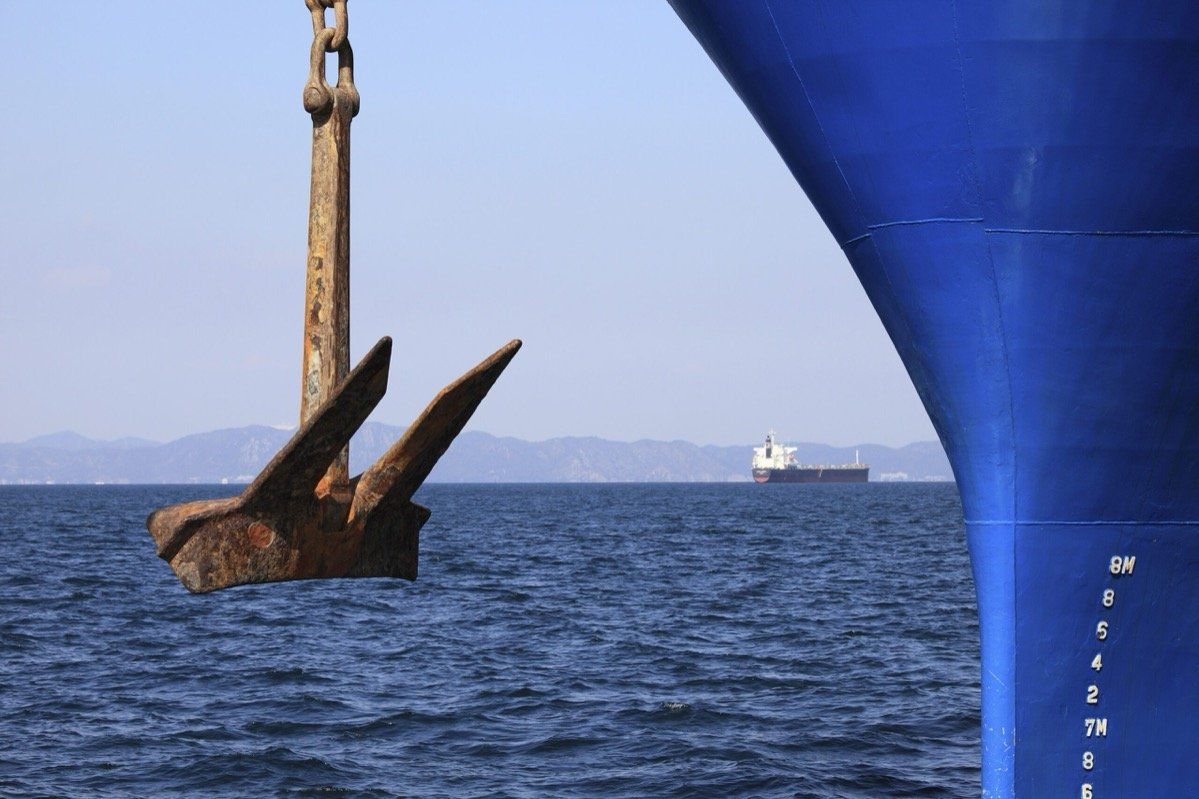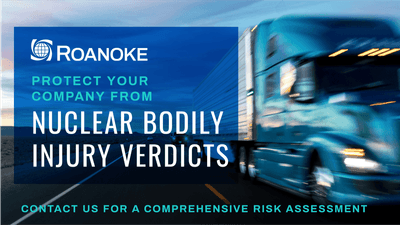March 26, 2015 | Industry Insights
Reinforce OFAC Compliance with CoverageDock™

Export Administration Regulations (EAR) and sanction programs are constantly changing. It can be challenging to navigate through the Office of Foreign Asset Control’s (OFAC) numerous pages of sanctions information and SDN (Specially Designated National) lists. But you must know how these regulations impact your shipments, and subsequently your business.
In 2014 alone, 23 civil actions were taken against various companies for OFAC violations. The penalties totaled $1,209,000,000! A few examples are:
- A foreign subsidiary of a US company purchased briquettes made of Cuban-origin nickel. Settlement amount $2,057,000.
- A US company shipped audio and video equipment overseas, knowing the goods would be re-exported to Iran. Penalty of $4,073,000.
- A Canadian subsidiary of a US insurance company insured several exposures in Cuba. Settlement amount $279,000.
Very few of the sanction programs administered by OFAC exclude ALL transactions associated with a specific country. In fact, even Cuba, Iran, Sudan and North Korea allow a limited group of transactions, typically for humanitarian aid, or via a General License.
More commonly, specific individuals and/or companies within specified countries are blocked from transactions with US persons or entities, or specific commodities are not allowed to be imported or exported. These countries include–but are not limited to–Burma (Myanmar), Iraq, Liberia, Syria, Somalia, Yemen and most recently Venezuela.
Finally, sanction programs exist to restrict activities of specific groups or the trading of certain commodities. For example, certain sanctions were enacted to address the threat to national security, foreign policy and the US economy posed by transnational criminal organizations (TCOs). Rough Diamonds Control Regulations restrict the importation and exportation of rough diamonds.
OFAC does allow for the procurement of a license to allow specified transactions. General Licenses are in place to allow certain transactions for any company, such as the exportation of food to Sudan and Iran. In other cases, a specific export license is required that defines the commodities, shipper, consignee, value of the transaction and countries involved.
To assist our clients in complying with the many OFAC regulations, Roanoke includes broad sanction screening of shipments through our CoverageDock™ software. All shipments entered with full detail in CoverageDock™ will be screened. The screening process looks at the certificate holder, countries of origin, departure, arrival and destination, vessel name and vessel flag. If a shipment is flagged in the screening process, Roanoke will request additional information to evaluate its legality.
CoverageDock™ is provided at no cost to our clients, and will create and issue your negotiable certificates of insurance as well as facilitate reporting of your claims. Visit www.RoanokeTrade.com for more information about CoverageDock™.
For additional information on OFAC sanctions and SDNs refer to www.treasury.gov. We also recommend that you consult with an international trade attorney should you have any concerns regarding your compliance program.













